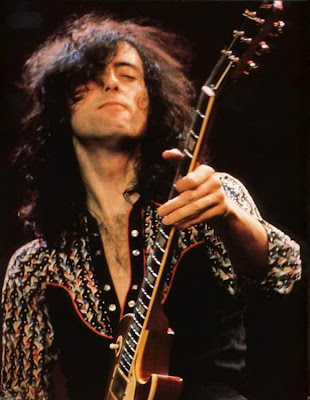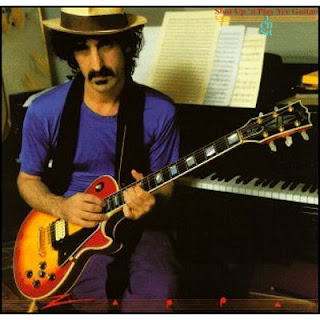The one and only Seattle born Jimi Hendrix. Highly regarded as the greatest guitar player to have ever lived, Rolling Stone ranks Hendrix #1 on the 100 greatest guitarists of all time. Hendrix was one of the first to truly inspire and innovate the electric guitar. How did he do this? Feedback. Previously known as a guitarist's most inconvenient foe (feedback), Hendrix used it and was the first to use it in a musical way. Hendrix was a master at manipulating the sound of feedback between the guitar and amplifier and creating a whole new sound to his playing. He also mainstreamed the use of the Wah pedal, which still to this day is used if you want "to sound like Hendrix".
Star Spangled Banner
"The time I burned my guitar it was like a sacrifice. You sacrifice the things you love. I love my guitar."-Jimi Hendrix
Equipment: Hendrix played on right-handed guitars but switched the strings to mimic that of a left-handed guitar. The most iconic guitars he played were Fender Stratocasters. As far his amplifiers go he used Fenders, but he is well known for his love of Marshall Amps. Jimi experimented with many different guitars and amplifiers but ultimately, he was and still is the face of Fender Strats and Marshall Amps.
Effects: Hendrix made the Wah pedal ( Vox Wah-Wah) famous without a doubt, even though may not necessarily be the first ever to use one. He also used a Univox Uni-Vibe pedal and a Dallas Arbiter Fuzz Face, which is essentially a distortion pedal.
Equipment: Hendrix played on right-handed guitars but switched the strings to mimic that of a left-handed guitar. The most iconic guitars he played were Fender Stratocasters. As far his amplifiers go he used Fenders, but he is well known for his love of Marshall Amps. Jimi experimented with many different guitars and amplifiers but ultimately, he was and still is the face of Fender Strats and Marshall Amps.
Effects: Hendrix made the Wah pedal ( Vox Wah-Wah) famous without a doubt, even though may not necessarily be the first ever to use one. He also used a Univox Uni-Vibe pedal and a Dallas Arbiter Fuzz Face, which is essentially a distortion pedal.











